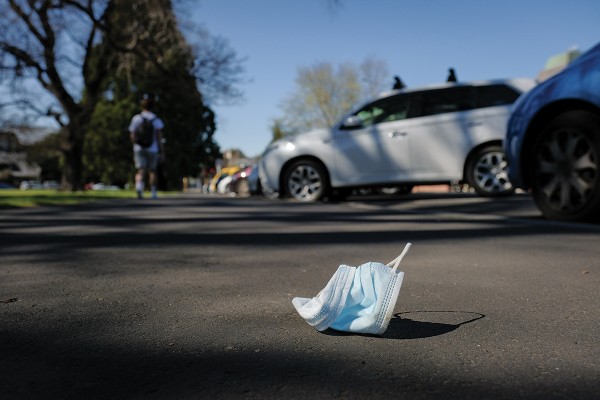An Otago Uni study has highlighted what experts found to be the worst part of Covid-19 lockdowns. Travel restrictions ranked highly on their list, as well as the cost of providing Covid-19 vaccines.
The study, published in the Journal of the Royal Society of New Zealand, was conducted by Dr Dennis Wesselbaum and Prof Paul Hansen in the Department of Economics. Basically, they asked 16 Covid-19 experts to rank what aspects of lockdown “they found most inconvenient and unpleasant”.
The survey found that experts were least bothered by the requirement to wear masks in public, with just 6.5% finding it the most inconvenient or unpleasant measure. Needing to stay at home was also seen as relatively acceptable, with 9.6% ranking it inconvenient or unpleasant. This is an “intuitively plausible” result, according to Dr Wesselbaum: “For most people, wearing a mask is a minor inconvenience compared to the other interventions. Staying at and working from home should be feasible without too much inconvenience for
high-income academics and researchers.”
The experts found restrictions on travel the most annoying feature of Covid controls, almost four times more inconvenient or unpleasant than the face mask requirement. Interestingly, according to the survey, the experts thought the second-most undesirable feature of Covid controls was the “total cost of [Covid-19] vaccinations, out-of-pocket or through taxes,” with an inconvenience rating of 22%.
Dr Wesselbaum admitted that his research mainly looks at the preferences of public health experts, who are largely high-income academics. But he said it would be interesting to compare these to the preferences of the general public, and is aiming for “a larger-scale study involving the general population to be completed in the future”. This study, he says, is a first step to better designing future pandemic control measures “that are both effective in public health terms and most likely to be complied with”.







